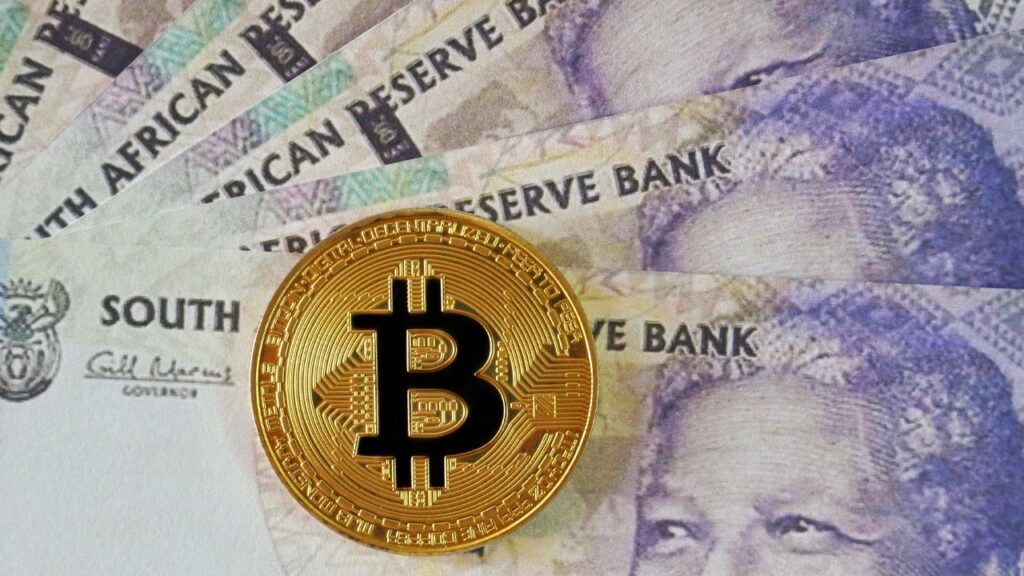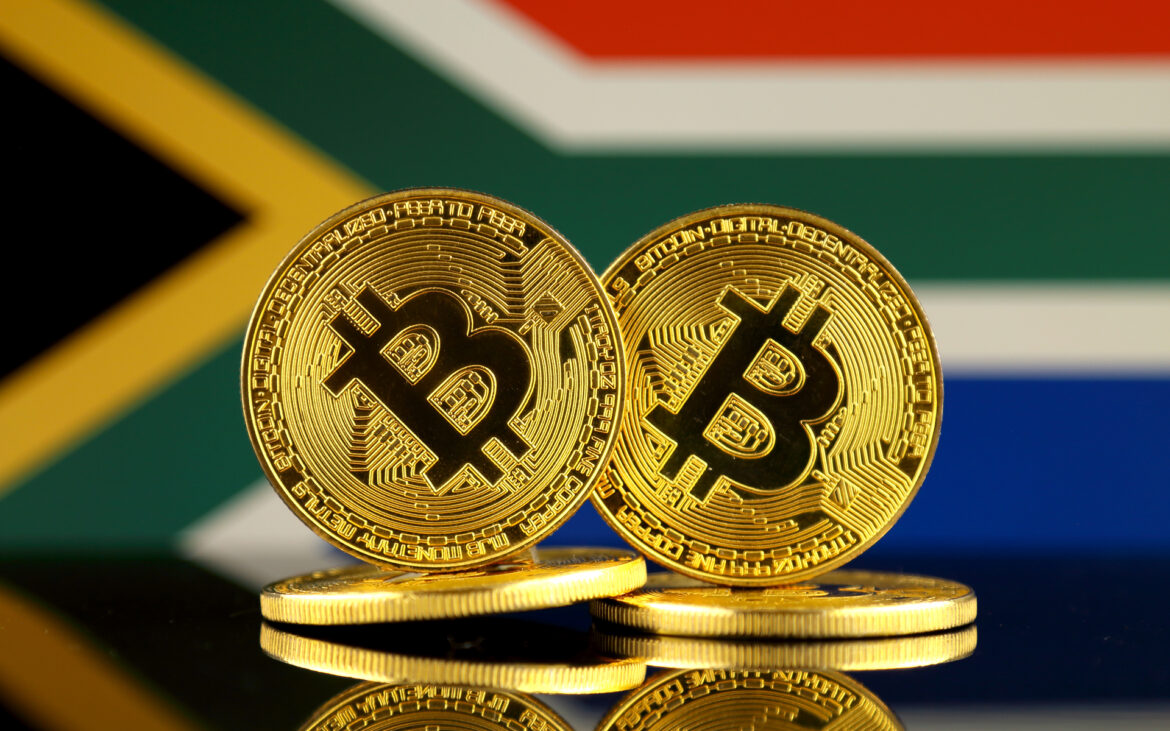To purchase Bitcoin in South Africa, one must first choose a trustworthy exchange, confirm their identification, deposit funds, place an order, and then store their Bitcoin in a personal wallet. South Africans who are new to cryptocurrency may find purchasing their first Bitcoin a scary prospect. There are several things to think about and things to do before you invest. Owning Bitcoin (BTC) is exciting, but only after you navigate the maze of regulations, taxes, and security concerns.
Bitcoin regulations in South Africa
Cryptocurrencies are legal in South Africa, with increasing acceptance from individuals, corporations, and regulators. Please note that Bitcoin is not legal cash or money in South Africa. The SARB considers Bitcoin a digital asset, not a currency. This suggests daily use and acceptance are still low. get Bitcoin in 2025 Many South Africans purchase, sell, and trade Bitcoin on several platforms and exchanges.

18% of South African internet users under 64 own bitcoins. Africa’s greatest adoption rate. South Africa approved 59 crypto enterprise licenses by 2024. get Bitcoin in 2025 Bitcoin’s legality and rising adoption rate are favourable. The government has also created a regulatory framework to protect investors from fraud while encouraging growth and innovation.
Tax implications for Bitcoin in South Africa
Bitcoin is considered an intangible asset for tax purposes by the South African Revenue Service (SARS). Therefore, you will have to pay income or capital gains taxes on any money you earn from trading Bitcoin. Your tax return should include a statement of any gains or losses you may have from buying and selling cryptocurrency. The highest rate of taxation for capital gains is now 18%, but this might vary depending on your tax status.
Keep meticulous records of all transactions, including sales, purchases, and swaps between cryptocurrencies. By the end of 2024, there were approximately 5.8 million crypto users in South Africa. The majority of these owners (77%) fall into the middle-income band, meaning they earn less than $24,000 per year, and they constitute 9% of the overall population.
Where to buy Bitcoin in South Africa
Several crypto exchanges in South Africa are regulated and allow you to buy Bitcoin. Before depositing any funds, research your choice thoroughly, ensuring the reputation and legitimacy of a platform. Here’s where you can buy BTC in SA:
- Luno: It offers strong support for users in South Africa and ZAR. It is a well-known global crypto exchange that is user-friendly and competitive in fees. The choice of other cryptocurrencies is limited to only the top coins.
- Valr: This exchange has grown to become a leading operator in South Africa since its 2018 launch. Its platform is suitable for new and experienced traders, with a user-friendly interface and mobile app.
- OKX: OKX is another popular global exchange with various investment choices, including Bitcoin and 300+ other crypto assets. This allows you to explore the crypto ecosystem extensively as you become a more experienced investor.
Increased Adoption and Use Cases
As the global adoption of Bitcoin grows, South Africa is also experiencing increased usage of Bitcoin for everyday transactions and cross-border payments. get Bitcoin in 2025 For instance, remittance services that allow individuals to send Bitcoin across borders at low fees have gained popularity.

This is particularly useful for South Africans working abroad who want to send money home quickly and affordably. Additionally, Bitcoin’s use as a store of value and hedge against inflation is growing. With inflation rates sometimes fluctuating in South Africa, more people are turning to Bitcoin as a way to protect their savings.
Summary
By taking the initiative to regulate the cryptocurrency industry, the South African government shows its dedication to creating a secure and welcoming space for new ideas. With the right knowledge of the risks involved, how taxes work, and how rules are always changing, you can comfortably navigate the world of Bitcoin in South Africa. The inclusion of standards for “a digital representation of value” in this rule makes cryptocurrency a financial product that must comply with the FAIS (Financial Advisory and Intermediary Services Act). The FAIS must authorize the operation of all crypto service providers.



